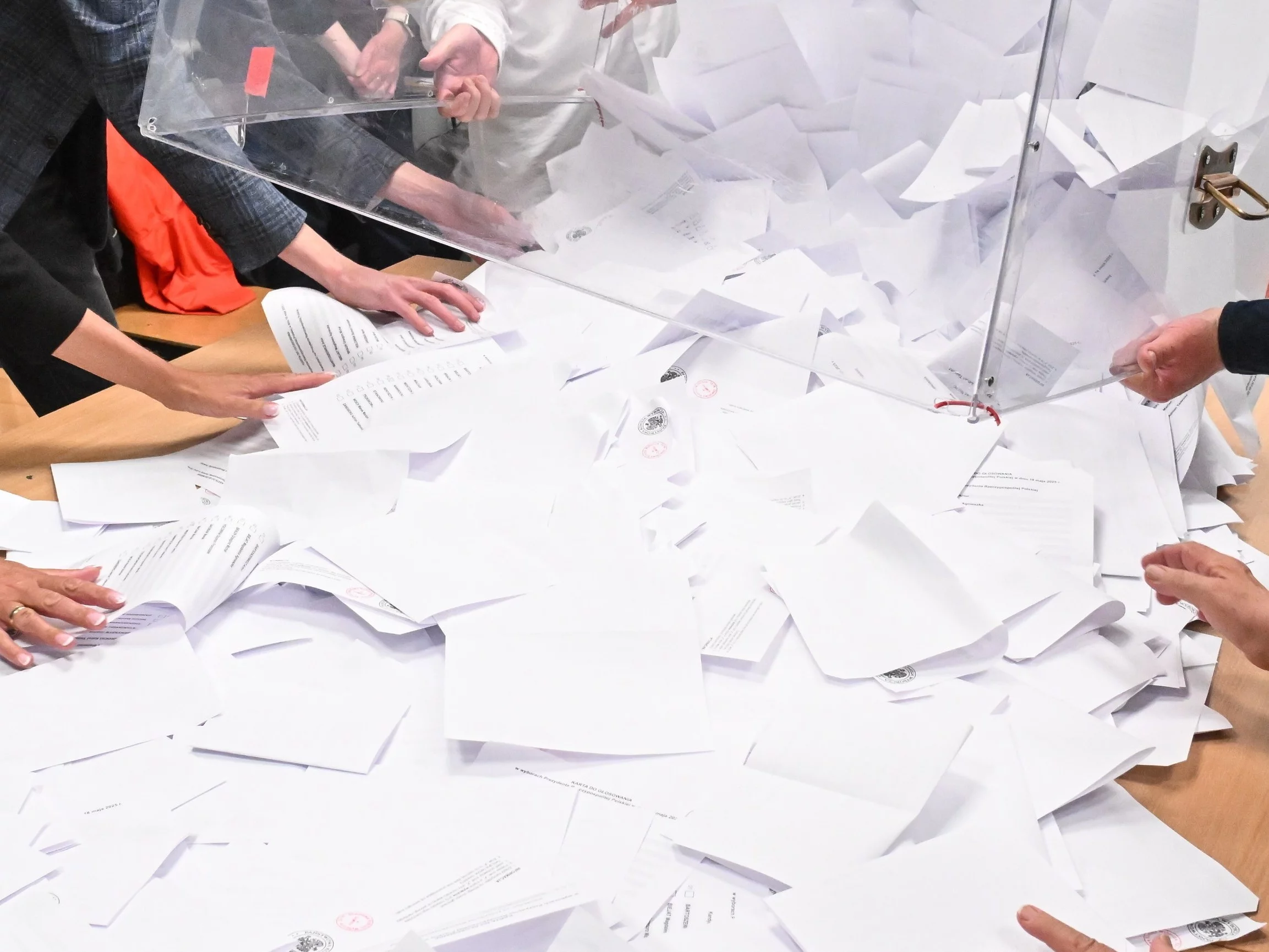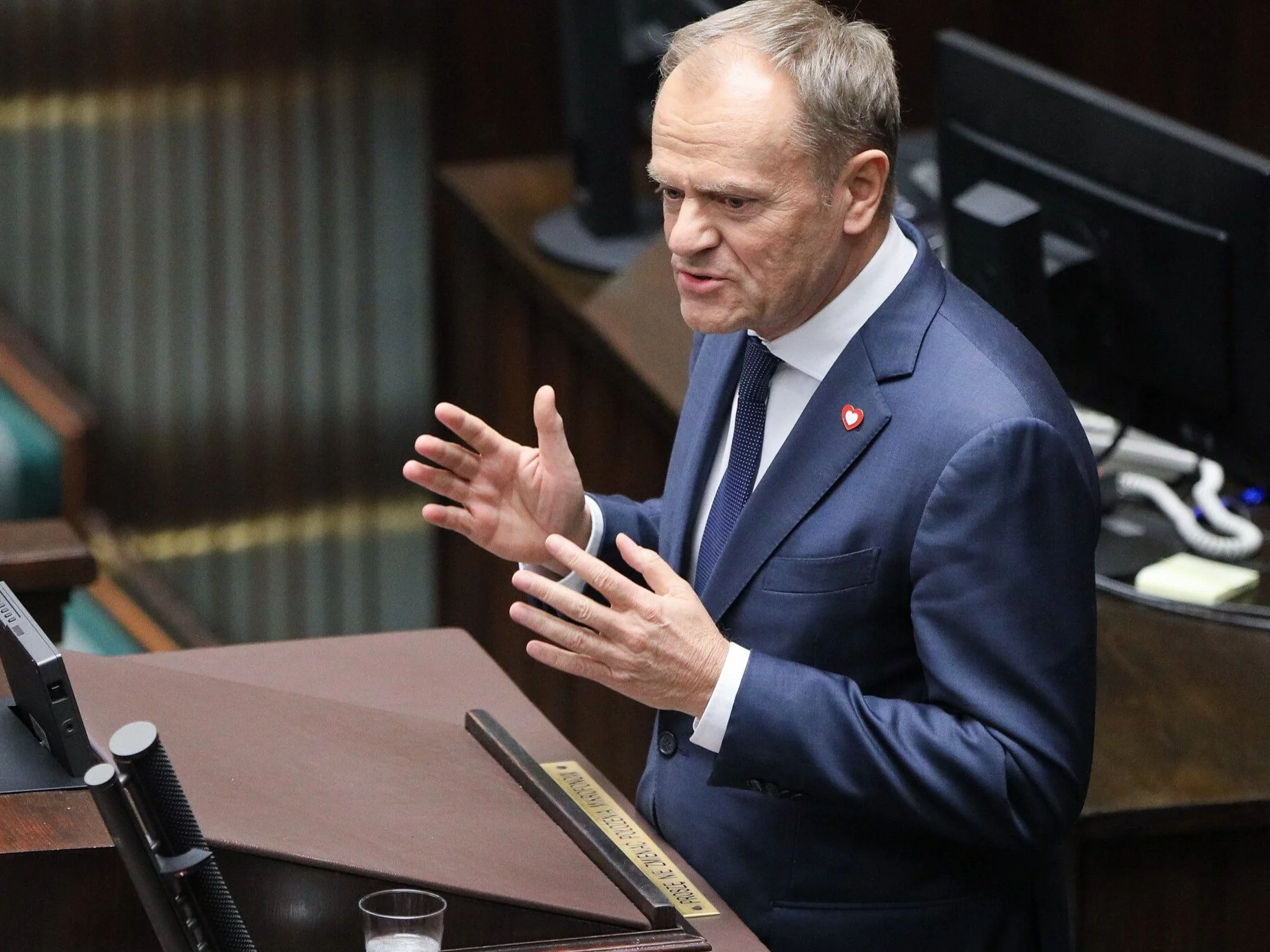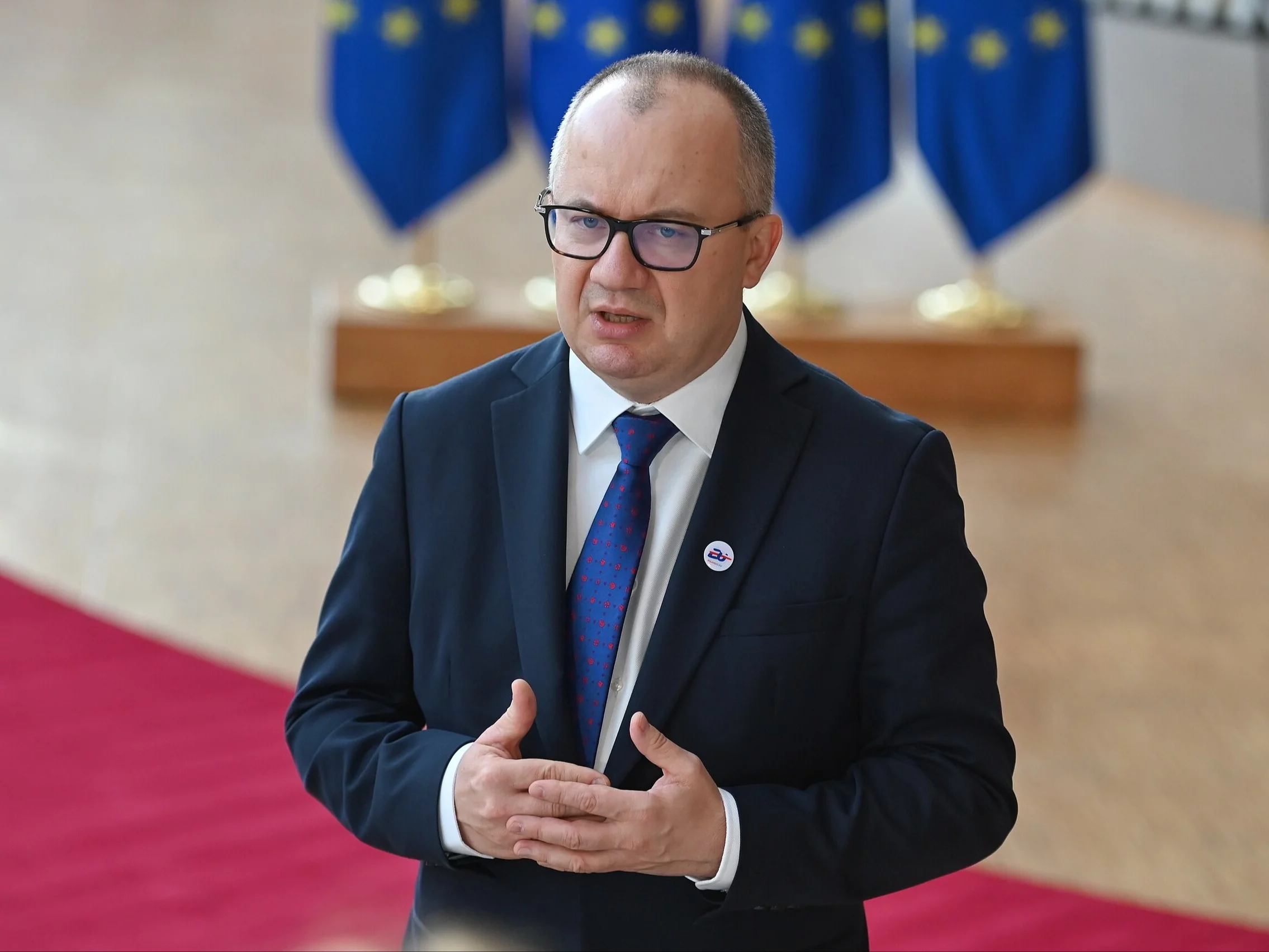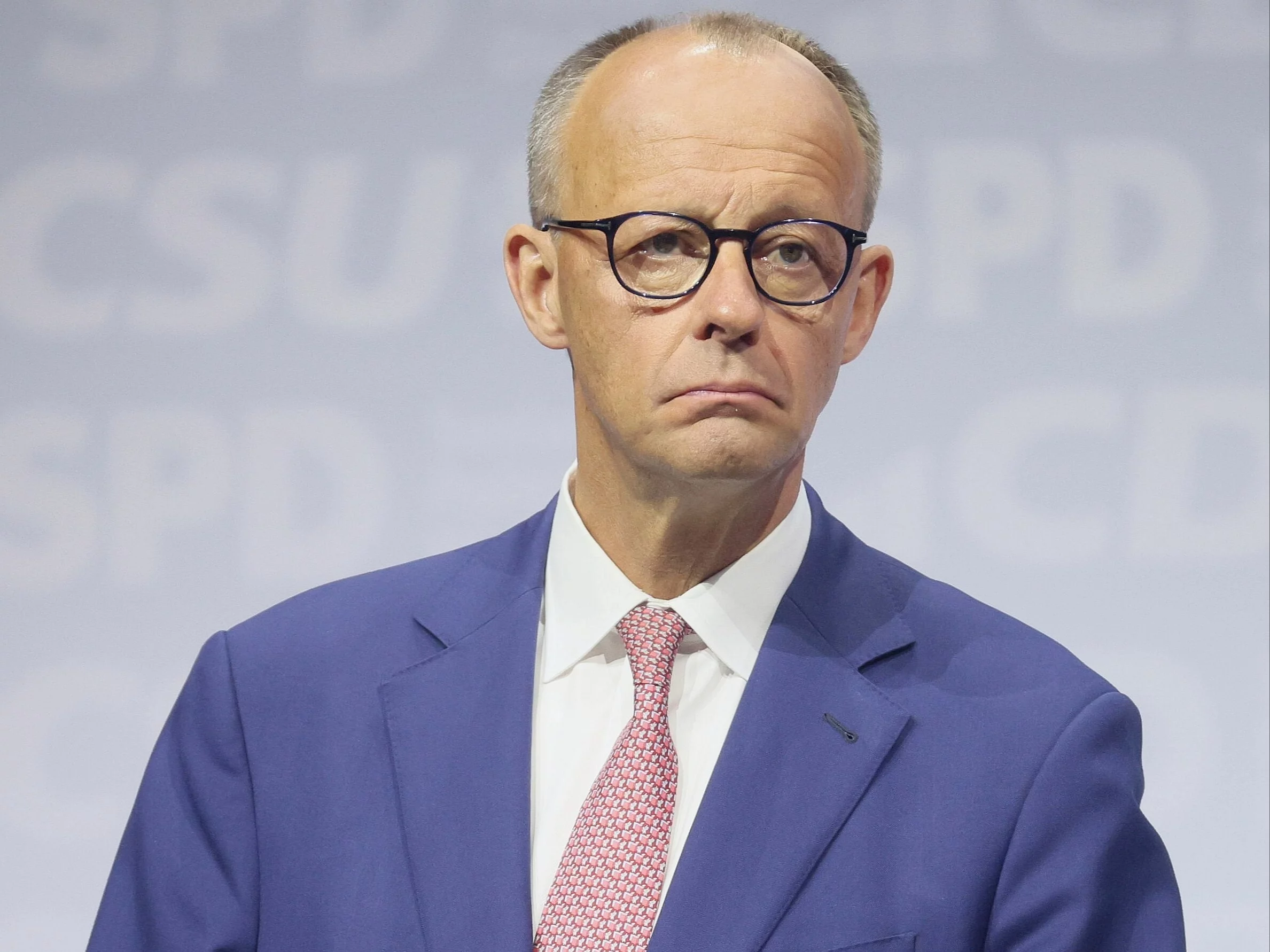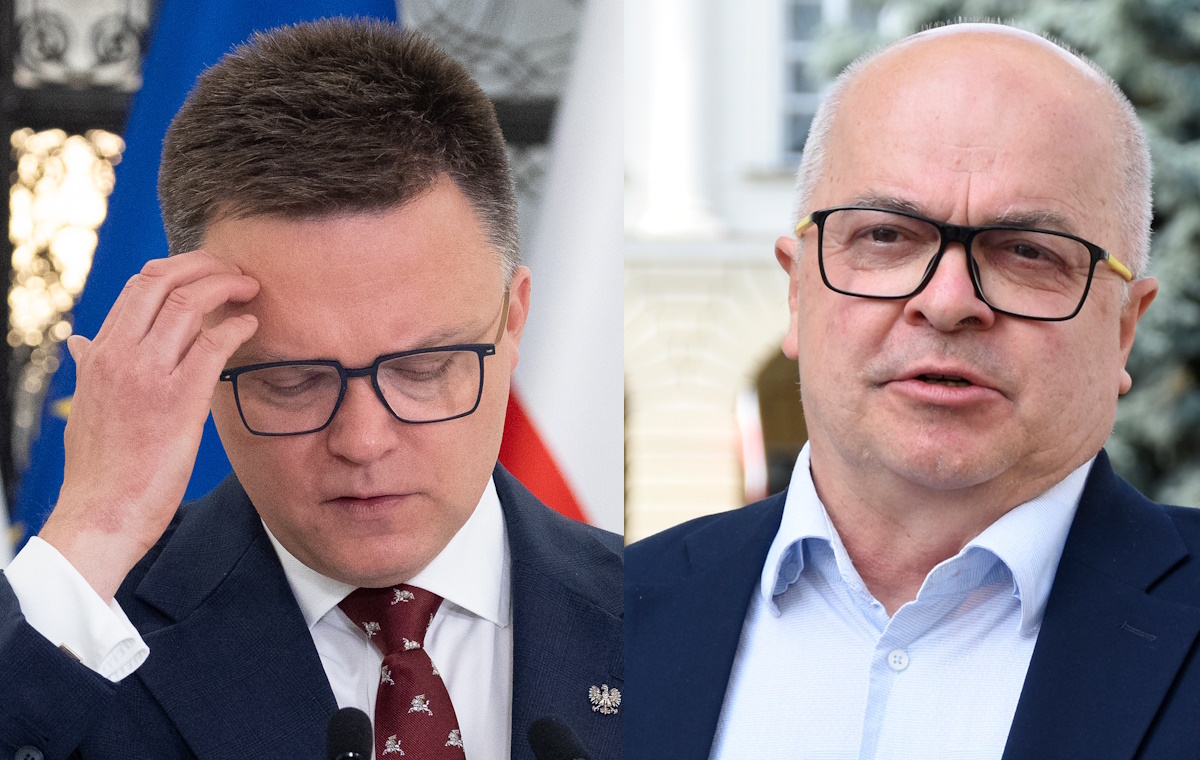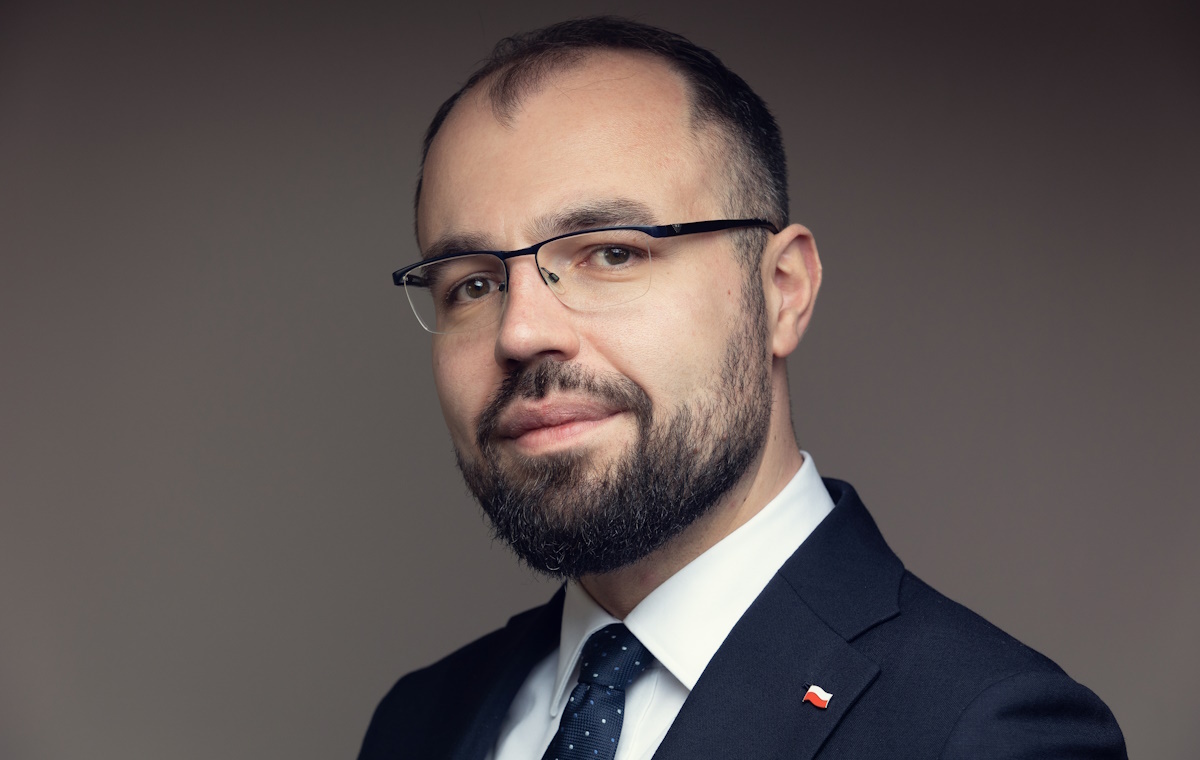
In the first 3 debates in which journalists asked thematic questions, it was clear that in key issues for Poland, all candidates said the same thing, they spoke in a kind of 1 voice. This means that elections cannot be won in Poland by presenting openly left-wing or liberal views during the campaign. That's a good sign of Poles. Is there no division in Poland? Doesn't it substance which candidate becomes president erstwhile everyone says the same thing or almost the same thing? Unfortunately, the problem is that any candidates don't tell the truth, more clearly calling it a lie in their own eyes. Candidates lie due to the fact that they say different things than they said before the run and before the debates, which they did so far in politics, and unfortunately they are not going to do in the future, besides in the event of winning elections. Unfortunately, this does not prove best about us, about Poles, that we are so easy deceived. Worse, it is possible that any voters accept this fraud in the name of the rule that the end justifies the means.
During the 4th debate on 28 April, erstwhile the candidates asked each another questions, Rafał Trzaskowski and Szymon Hołownia were asked why they so radically changed their minds in key issues for Poland. erstwhile it happened, at what point, which was the direct cause. The 2 responded precisely the same, as if they had agreed: “times have changed.It’s okay. ” In the case of both of these gentlemen, I have the feeling that erstwhile they win the election, times will change again and they will proceed to do what they did and not what they said during the campaign.
It is not only the statements of candidates and the programs they preach that they do not intend to carry out are fraud. It can be either a fraud or a fraud. On the 1 hand, there are people who claim to have collected well over 100,000 signatures in support of their candidacy, and PKW refused to registry them. The reason for refusal is “incomplete signatures”. PKW can challenge the signatures in which the supporter gave the short name of the village, for example Piotrków Tryb., alternatively of Trybunalski. On the another hand, it is astonishing that among registered candidates for the President's Office there are people who are not more familiar, who have nothing to say and present, even having difficulty in logical speaking. How did specified people collect 100,000 signatures with support for their candidacy? Does not the first fraud and forgerys happen at the time of the collection of signatures? After all, PKW verifies, frequently utilizing the random example method in addition, only the accuracy of the data provided, and does not verify the ownership and reliability of the signed signatures. And this is simply a consecutive way to forgery and fraud.
In this context, it seems interesting to have the thought signalled during 1 of the debates that the form of signature supporting the candidate in the registration process should be a bank transfer made to his committee in a symbolic amount of 1 gold or even 1 penny. I would like to point out that this is not about voting in elections, it is about signatures on the endorsement lists to registry a candidate. I do not go into the details of this idea, in peculiar in assessing whether the anticipation of a bank transfer is equally available to all voters throughout the country, and whether this would be without prejudice to constitutional principles of universality and equality of the electoral process, but I draw attention to the request for legislative changes. The current electoral process in Poland has serious gaps in favour of fraud and fraud, and the resulting problems arise already at the phase of collecting signatures and registering candidates. It is worth asking whether there are specified countries in the world, if there is even 1 country whose government would be exemplary and exemplary, even duplicated in Polish conditions. Unfortunately, there is no paradise on Earth if it were.
But this does not mean that legal solutions in another countries, at least as civilized ones, should not be viewed. In 1 debate, responding to a question about wellness care, 1 candidate pointed out Singapore as a country where the wellness service is organised as a benchmark and is effective in terms of patient needs and expectations. Indeed, the sources available on the net confirm this assessment. I do not want to delve into the organizational details of Singapore's wellness services. I just want to say that I lacked this kind of speech in all the debates that have already taken place. due to the fact that although, as I wrote, there is no country in the planet whose full government would be exemplary and exemplary, in many areas there is inspiration to improve Polish legislation.
I will mention any examples from different legislative areas. Let's start with the election process. In the upcoming presidential election on the ballot card there will be 13 names and square boxes to place the cross at 1 name of the selected candidate. And there are already problems, whether the character put up by the voter is simply a cross, whether the lines intersect in the field intended for this, or if individual false the cards while counting the votes, adding a cross in the field of another candidate, which automatically invalidates specified a vote. In France, in akin elections, the voter receives separate cards with the names of individual candidates, in the present case it will be 13 cards, and an envelope. The vote is cast by inserting a card with the name of the selected candidate in the envelope and throwing the envelope in the urn. It besides has the work to put the remaining notes in the wastebin / shredder so that left in the voting booth do not constitute an component of negative agitation. This way eliminates all described problems with explanation and addition of crosses. And the second point, in Poland the voter is only valid erstwhile issuing voting cards. In practice, it can transfer/sell its card to a 3rd organization who will vote according to its preferences and "in the majesty of the law" will cast specified a vote in the urn. In France, the voter is legitimized twice, erstwhile drawing cards and erstwhile casting votes in the urn.
And now here's the business example. In Poland VAT and income taxation are charged at the time of the invoice, regardless of payment. The client didn't pay, you issued an invoice, but you didn't get the money, you're inactive required to pay taxes. In 2008, the anticipation of adjusting VAT on unpaid invoices was introduced, and only in 2020 was introduced into the income taxation alleged "bad debt credit". In both cases, it is possible to correct payments already made, as the taxation work continues to arise at the time of the invoice and not at the time of payment. In addition, an adjustment is only possible if the debtor is incapable to liquidate, bankruptcy or restructuring. But there are countries in the planet that don't. In countries specified as the UK, Australia and fresh Zealand, entrepreneurs by definition account for, at least to a certain income threshold, there is £1.35 million in the UK, based on alleged cash accounting (cash accounting) where the taxation liability arises only after payment and not at the time of the invoice.
Another example concerns the judicial investigation of claims. In Poland, the court fee on the application for payment of the amount higher than PLN 20 1000 constitutes 5% of the value of the claim (maximum PLN 200 000). So, for example, if individual stole PLN 1 million from us, deprived us of all the money, then erstwhile we bring the case to court, we gotta pay a fee of PLN 50,000 so that the court will take care of our case. So we have a paradise on earth, only for thieves. erstwhile again, it is possible to mention to countries where there are no judicial fees in civilian matters from individuals, for example in Spain. In Northern Ireland, the claim fee above £15,000 is just £300.
And another example of an highly crucial issue, namely public tenders. In Poland, the lowest price is the leading criterion determining the tender. The rules for the publication and settlement of tenders are governed by the Public Procurement Law revised on 1 January 2021. While there is an work to apply non-price criteria (minimum one), the warrant criterion does not fulfil its role, as most of the tenderers declare the longest warrant acceptable and another criteria, specified as product quality and contractor experience, are purely recognisable and favour corruption alternatively than improve service quality. In practice, in public tenders they win bids with the lowest price. This favours the holding of tenders by clever or alternatively unfair bidders who make bids at a low price to win a tender and then search ways to negociate a price increase during the execution of the contract. It is besides possible that 1 bidder submits 2 bids under different terms, 1 with a low price and the another with a real price, and erstwhile the second bid has a chance to win, the first bid withdraws under the pretext of failing to complete any formalities. As a result, public tenders in Poland advance tandem. alternatively of promoting quality and robustness, they tend to combine and find ways to win a tender, frequently at the expense of a contracting entity that has no tools to defend itself against specified fraud.
erstwhile again, it is adequate to look at how the rules apply in another countries to avoid grossly low prices and unfair competition in tenders. In Italy, the cheapest offers are automatically excluded from tenders (method dell’esclusione automatica). In Spain, Portugal or Romania, the selection of tenders is based on the arithmetic average of the prices offered. The nearest average price of all tenders submitted, the alleged ‘central offer’, shall be selected. A horse with a row of who, on specified tender criteria, will play a consciously priced bid to win specified a tender. Impossible. We gotta ask ourselves whether we want to build the state on solid foundations, or whether we will build a inexpensive state of cardboard by promoting tack.
I so regret that during the debates already held, no of the candidates raised this kind of issue. I am writing these issues due to the fact that the issue is broad, I have only given a fewer examples. They can be multiplied, there is much to improve in Polish legislation. However, I believe that there are those among the candidates who are open to these issues, who are willing to get acquainted with the proposals for change and who are able to put these changes into the form of legislative initiatives. It is adequate to realize basic concepts and issues and to follow the good of Poland and Poles. But there are besides candidates who confuse and mix fundamental concepts in public debate. In the last debate on 28 April, Rafał Trzaskowski accused the governments of the United Right that they had contributed to the influx of illegal migrants into Poland through publishing or even visa trading. Apart from the fact that the charge of allegedly selling Polish visas at the bazaars turned out to be oaks, the very possession of a visa makes the individual crossing the border on its basis a legal migrant. Legal, i.e. the individual who crossed the border of the Polish state in the place for this intent and was registered in the applicable database. The individual who crossed the border in an unauthorised place, without any documents, without any registration, is not only an illegal migrant but a real threat to the safety of Poland and Poles. Either Rafał Trzaskowski is so stupid that he doesn't realize it, or he thinks voters are so stupid that he can unpunished them with specified nonsense. I think the second is true.
Debates tell us a lot about candidates, but most of all, they tell us about us, who we are.
Mr Bogdan
If you are curious in having a book, delight make a voluntary contribution to the statutory purposes of the Solidarni2010 Association and send information to the address == sync, corrected by elderman ==
Here's the account number:
67 2490 0005 0000 4520 4582 2486
The book was published by the efforts and means of members of the 2010 Solidarity Association as part of statutory activities.

